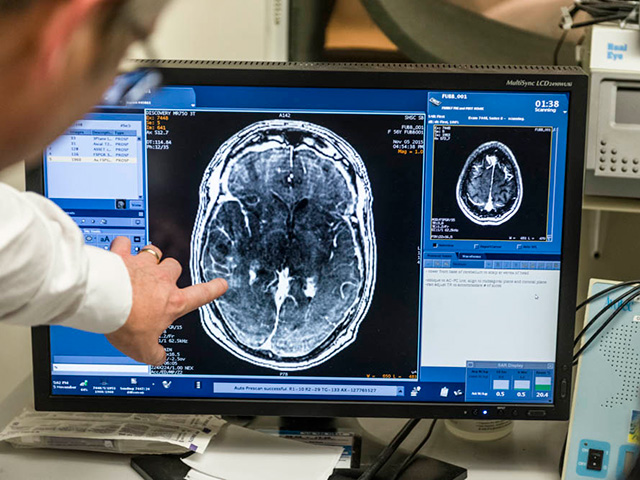In an ever-evolving world where diversity and inclusivity are celebrated, the concept of neurodiversity has emerged as a powerful paradigm shift. Neurodiversity acknowledges and appreciates the vast range of cognitive styles present in our society, emphasizing that differences in brain function should be recognized and valued. This article explores the fascinating realm of neurodiversity and its profound impact on brain performance, highlighting the importance of embracing diverse cognitive styles.
The Essence of Neurodiversity
Neurodiversity is a relatively new term coined by sociologist Judy Singer in the late 1990s. It challenges the conventional understanding of neurological differences and proposes that these differences are not deficits but variations of the human brain. The neurodiversity movement encompasses a wide range of conditions, including autism, ADHD (Attention Deficit Hyperactivity Disorder), dyslexia, and more. Rather than viewing these conditions as disorders, neurodiversity advocates argue that they represent unique cognitive styles that bring distinct strengths to society.
Celebrating Cognitive Diversity
One of the fundamental tenets of the neurodiversity movement is the celebration of cognitive diversity. It posits that society benefits when individuals with different cognitive styles are recognized, supported, and integrated. Let’s delve into some of the cognitive styles often associated with neurodiversity and how they contribute to brain performance.
1. Autism Spectrum
Individuals on the autism spectrum are known for their exceptional attention to detail, pattern recognition, and analytical thinking. These attributes can be invaluable in fields such as mathematics, engineering, and computer science. By creating an inclusive environment that accommodates their unique strengths, we unlock their full potential.
2. ADHD
ADHD is characterized by hyperactivity, impulsivity, and difficulties with sustained attention. However, those with ADHD often possess unparalleled creativity and the ability to think outside the box. In fast-paced industries like marketing and entrepreneurship, ADHD individuals can thrive, generating innovative ideas and strategies.
3. Dyslexia
Dyslexia affects reading and language processing, but it can also lead to enhanced problem-solving abilities, spatial reasoning, and visual thinking. Many successful architects, artists, and engineers are dyslexic, leveraging their unique cognitive style to excel in their fields.

The Workplace and Neurodiversity
Recognizing and embracing neurodiversity in the workplace can have a profound impact on productivity and innovation. Companies that foster an inclusive environment for employees with different cognitive styles often reap the benefits of a more diverse and creative workforce. Here are some strategies to promote neurodiversity in the workplace:
1. Flexible Work Arrangements
Allowing employees to work in environments and schedules that suit their cognitive needs can boost their performance. For example, some neurodivergent individuals may prefer quiet, isolated spaces, while others thrive in collaborative settings.
2. Sensory Accommodations
Many neurodivergent individuals have heightened sensitivities to sensory stimuli. Providing noise-canceling headphones, adjustable lighting, or designated quiet areas can make the workplace more comfortable and conducive to productivity.
3. Training and Awareness
Offering training programs to raise awareness about neurodiversity and how to support neurodivergent colleagues is essential. This can create a more inclusive and understanding workplace culture.
The Path to Inclusivity
Embracing different cognitive styles and promoting neurodiversity requires a societal shift in perspective. It begins with recognizing that everyone, regardless of their cognitive profile, has something valuable to contribute. By fostering an environment that celebrates diversity, we unlock the full potential of human innovation and creativity. For more information regarding cognitive supplements, please visit their page to learn more.
In conclusion, neurodiversity is not just a concept; it’s a call to action for a more inclusive and compassionate society. By understanding and accommodating different cognitive styles, we can harness the unique strengths of each individual, leading to improved brain performance and a brighter future for all. It’s time to embrace neurodiversity and celebrate the incredible diversity of the human mind.

